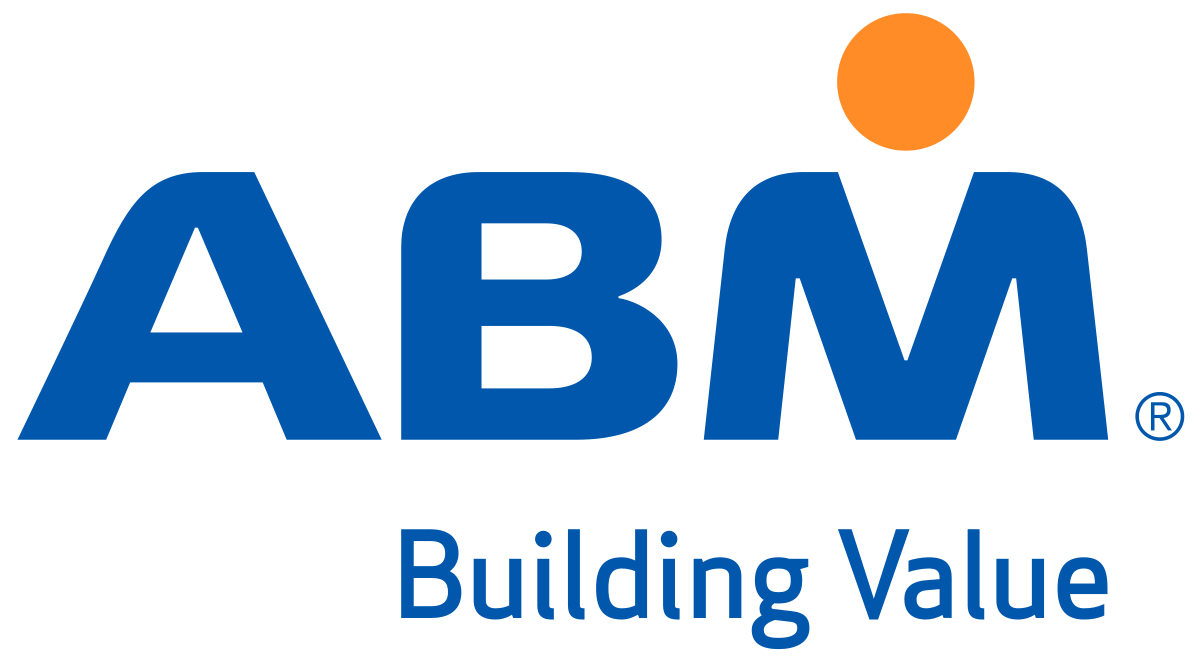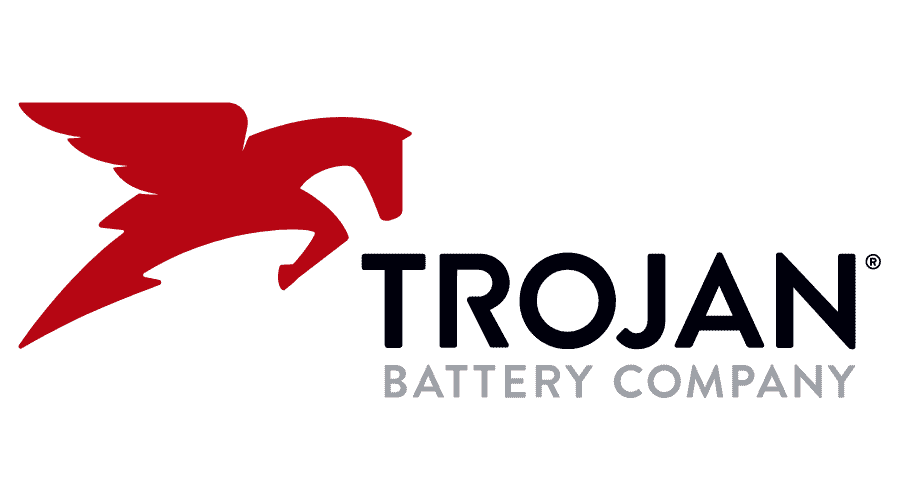by Brianna Crandall — September 12, 2014—In order to help consumers identify environmentally friendly drinking water filters, the Water Quality Association (WQA) and the American Society of Plumbing Engineers (ASPE) have just announced that WQA/ASPE/ANSI S-803 (2014): Sustainable Drinking Water Treatment Systems has been officially accredited by the American National Standards Institute (ANSI) as an American National Standard. S-803 is now the first sustainability standard for drinking water treatment products to receive such an accreditation, says WQA.
WQA collaborated with its ASPE partners to take the original version of this standard (which has already been in use as a private standard within the drinking water treatment industry for over a year) through the formal public review process necessary for a voluntary public standard to be accredited by ANSI. Feedback from professional/trade associations, certifiers, consultants, government regulators, and NGOs, as well as manufacturers already certified to the original standard, was considered.
Products that are certified as meeting the requirements of WQA/ASPE/ANSI S-803 are eligible to bear the WQA Sustainability Trademark, in recognition of passing the rigorous assessment of sustainable production practices that must be adopted by the manufacturer of these devices. The standard also evaluates the products in all other phases of the product life cycle, from responsible sourcing of raw material through product packaging, consumer use and end-of-life disposition. The standard also addresses the basic elements of corporate social responsibility.
The S-803 standard operates on a points-based system, giving manufacturers the freedom to choose from a menu of sustainability-oriented criteria. This allows companies to implement those environmental initiatives that have the greatest impact relative to their products and business model, but in the most cost-effective way possible. The initiative gives credibility to companies that want to demonstrate their environmental achievements.
The scope of S-803 includes drinking water filter products that utilize activated carbon, as well as similar types of filters made from polypropylene, polyethylene or string fibers. Meanwhile, the companion standard to S-803, WQA/ASPE S-802: Sustainable Activated Carbon for Drinking Water Treatment, is also now in the final stages of the accreditation process and should become an American National Standard by the end of the year. The S-802 standard is for business-to-business certification that focuses on the sustainability of the raw activated carbon used in most of the filter systems that can be certified to S-803.
Finally, efforts are already on the horizon to expand the scope of S-803 to incorporate additional product categories. Add-on modules for UV Treatment Systems as well as Dispensers/Coolers are in the final phase of drafting and nearly ready for public review, with Reverse Osmosis and Softeners/Ion Exchange Media on the list for development in 2015, notes WQA.
WQA/ASPE/ANSI S-803 (2014): Sustainable Drinking Water Treatment Systems can be purchased as a download from ASPE’s online store.





